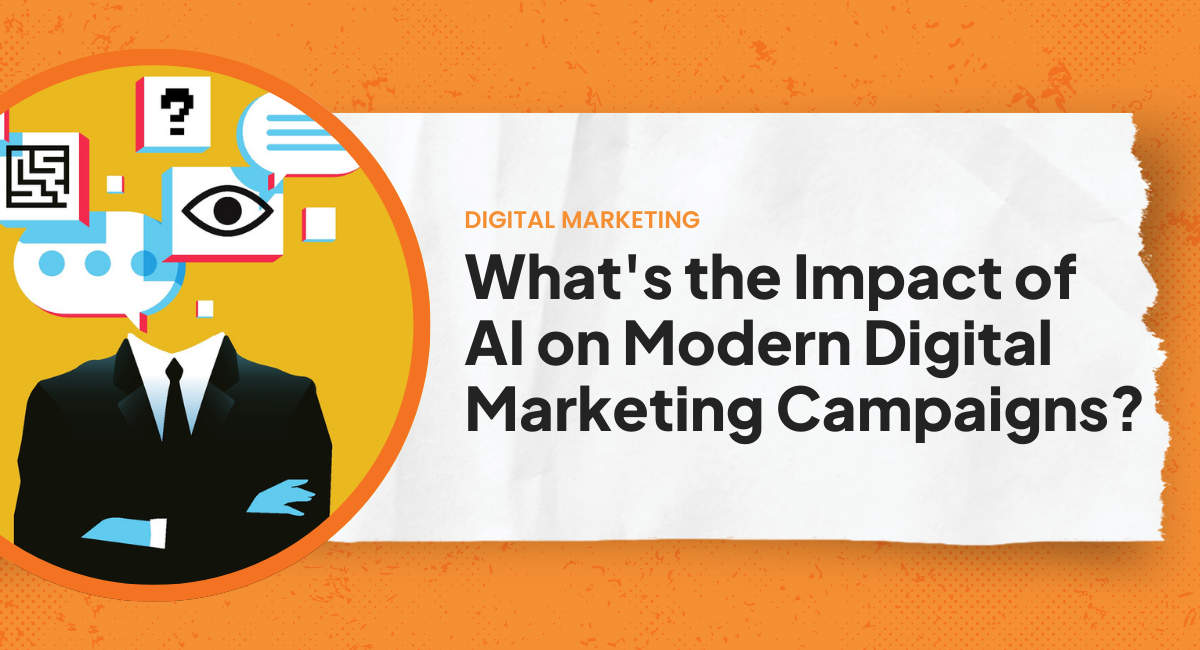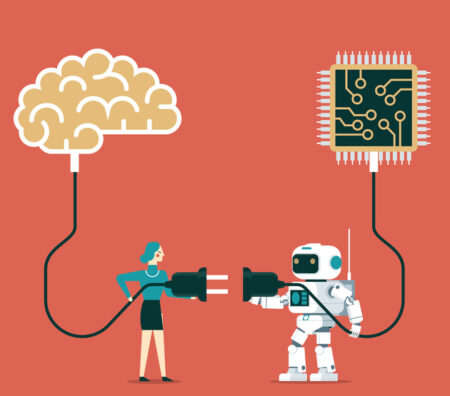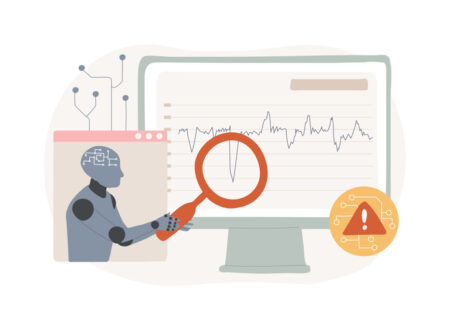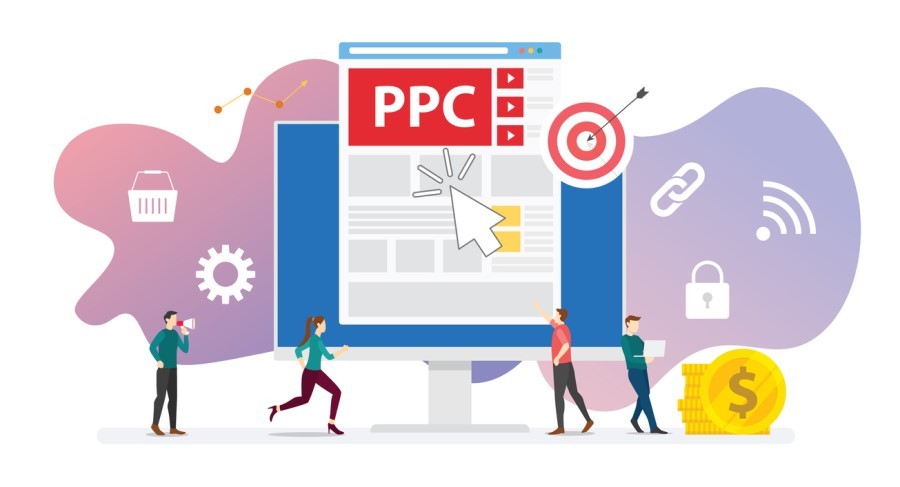
Digital marketing campaigns are undergoing a revolutionary transformation in 2025, as artificial intelligence reshapes how businesses plan, execute, and optimize their marketing efforts. The days of manual campaign management and gut-based decision-making are giving way to sophisticated AI-driven approaches that deliver unprecedented precision and personalization.
According to the Forbes and Digital Marketing Institute’s 2024 Global Digital Skills & Training Report, 79% of marketing leaders believe AI will have a ‘big impact’ on their digital marketing campaigns, with projected improvements in productivity (50%), efficiency (45%), and innovation (38%). These statistics aren’t just numbers – they represent a fundamental shift in how businesses approach their marketing strategies.
The Evolution of Digital Marketing Campaigns
Traditional campaign management often relied on historical data, manual optimization, and periodic adjustments. Marketing teams would spend countless hours analyzing spreadsheets, adjusting bid strategies, and trying to piece together customer journey insights. This approach, while functional, left significant room for human error and missed opportunities.
Today’s AI-enhanced digital marketing campaigns operate in real-time, continuously learning and adapting to changing market conditions. Modern marketers leverage AI to automate routine tasks, predict campaign performance, and deliver hyper-personalized content at scale. This evolution has particularly transformed B2B brand awareness campaigns, enabling companies to identify and engage high-value prospects with unprecedented accuracy.
What’s particularly fascinating is how AI is bridging the gap between B2B brand awareness and performance marketing. Where traditional campaigns frequently struggled to connect awareness metrics with bottom-line results, AI-powered solutions now track and optimize the entire customer journey. Companies can now see exactly how their awareness efforts translate into qualified leads and revenue, making every marketing dollar more accountable.
The current landscape of AI in marketing extends far beyond basic automation. From predictive analytics that forecast campaign performance to natural language processing that crafts personalized messaging, AI has become an indispensable part of the modern marketer’s toolkit. The technology now powers everything from programmatic advertising to content personalization, with each application becoming more sophisticated and effective.
This evolution hasn’t just changed how campaigns are managed – it’s fundamentally altered what’s possible in digital marketing.
Businesses can now:
- Process and act on vast amounts of customer data in real-time
- Deliver truly personalized experiences across all touchpoints
- Predict and prevent campaign fatigue before it impacts results
- Optimize budget allocation automatically based on performance signals
The integration of AI into existing marketing frameworks has been particularly impactful for B2B organizations. By analyzing vast amounts of firmographic and behavioral data, AI helps companies identify and engage potential customers at the perfect moment in their buyer’s journey. This level of precision was simply impossible with traditional marketing approaches.
Key AI Applications in Modern Marketing Campaigns
Data Analysis and Campaign Intelligence
Modern digital marketing campaigns thrive on intelligent data analysis, where AI transforms raw campaign data into actionable insights. Through real-time performance tracking, marketers can now monitor campaign metrics as they happen, enabling immediate adjustments to optimize results. This capability is particularly valuable in industrial SEO efforts, where understanding complex B2B buyer behaviors requires sophisticated pattern recognition.
Predictive analytics has revolutionized how marketers approach campaign optimization. When AI tools analyze historical data and current trends, it can forecast campaign performance and recommend adjustments before issues arise. For instance, in PPC for manufacturers, these predictive capabilities help optimize bid strategies and identify the most profitable keywords for industrial applications.
Personalization and Targeting
AI has transformed campaign personalization from a luxury to a necessity. Through dynamic content adaptation, marketing messages automatically adjust based on user behavior, industry context, and engagement patterns. This is particularly powerful in B2B scenarios, where messaging must resonate with multiple stakeholders across complex buying cycles.
The sophistication of AI-driven audience segmentation enables marketers to move beyond basic demographic targeting. Modern campaigns can now analyze hundreds of data points simultaneously, creating micro-segments that reflect genuine buying intentions and specific industry needs. This granular approach ensures that manufacturing and industrial companies can target their most valuable prospects with unprecedented precision.
Campaign Automation
Workflow automation represents one of AI’s most transformative impacts on digital marketing campaigns. With automating routine tasks and campaign management processes, marketing teams become more efficient and regain more time to focus on strategy and creative development. Cross-channel synchronization ensures consistent messaging across all platforms, while intelligent resource allocation optimizes budget distribution based on real-time performance data.
AI-Powered Campaign Components
Content Creation and Optimization
AI writing assistance has evolved to understand industry-specific terminology and B2B content requirements. Modern AI tools can generate technical content while maintaining brand voice and technical accuracy. For industrial companies, this means creating more content without sacrificing the expertise their audience expects.
Performance prediction capabilities enable content optimization before publication. AI analyzes historical content performance, competitor strategies, and audience preferences to suggest improvements that will maximize engagement and conversion potential.
Campaign Analytics
Real-time analytics have become increasingly sophisticated, offering more in-depth insights into campaign performance. Modern AI systems track ROI across multiple touchpoints, providing clear attribution modeling that shows exactly how each campaign element contributes to overall success. This is particularly valuable for manufacturers running complex multichannel campaigns across PPC and organic search.
Competitive analysis has also been enhanced by AI capabilities. Systems can now monitor competitor activities across various channels, identifying opportunities and threats in real-time. This intelligence helps marketers adjust their strategies proactively rather than reactively.
Customer Engagement
Conversational AI and chatbots have evolved to handle complex B2B interactions effectively. These systems can now manage technical inquiries, qualify leads, and provide detailed product information—all while maintaining the professional tone required in industrial and manufacturing contexts.
Engagement timing optimization ensures that automated responses and campaign messages reach prospects at the optimal moment. By analyzing engagement patterns, AI determines the best times to send communications, significantly improving response rates and lead quality.
The Future of AI-Driven Digital Marketing Campaigns
AI has fundamentally transformed how businesses approach their digital marketing campaigns. The integration of artificial intelligence isn’t just an option anymore. It’s becoming essential for maintaining competitive advantage in today’s digital landscape.
Through advanced automation, predictive analytics, and intelligent optimization, AI-powered digital marketing campaigns deliver measurable improvements in efficiency and ROI. Companies leveraging professional SEO services enhanced by AI are seeing significant gains in organic visibility, while those combining AI with SEM services are achieving unprecedented precision in their paid advertising efforts.
Ready to Transform Your Digital Marketing Strategy?
Take the next step in evolving your marketing approach by embracing AI-driven solutions. At David Taylor Digital, we offer comprehensive digital marketing services that combine cutting-edge AI technology with proven marketing expertise:
- Data-Driven Campaign Management
- Predictive Analytics and Reporting
Schedule a consultation today to discover how our AI-powered digital marketing solutions can help your business achieve better results with greater efficiency. Visit our services page or contact our team to learn more about implementing AI in your marketing strategy.






